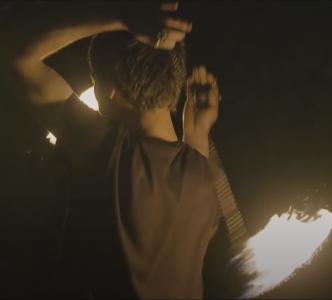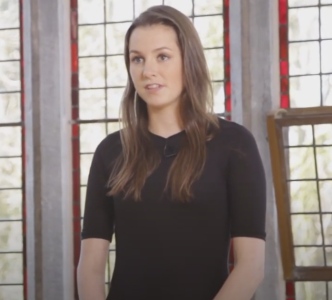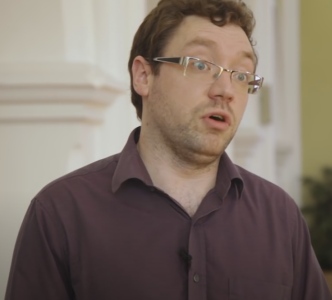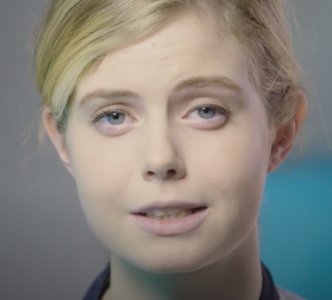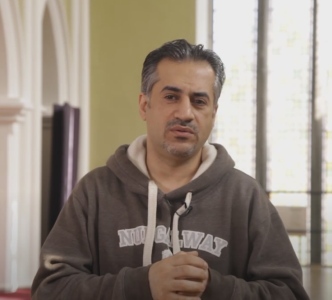-
Courses

Courses
Choosing a course is one of the most important decisions you'll ever make! View our courses and see what our students and lecturers have to say about the courses you are interested in at the links below.
-
University Life

University Life
Each year more than 4,000 choose University of Galway as their University of choice. Find out what life at University of Galway is all about here.
-
About University of Galway

About University of Galway
Since 1845, University of Galway has been sharing the highest quality teaching and research with Ireland and the world. Find out what makes our University so special – from our distinguished history to the latest news and campus developments.
-
Colleges & Schools

Colleges & Schools
University of Galway has earned international recognition as a research-led university with a commitment to top quality teaching across a range of key areas of expertise.
-
Research & Innovation

Research & Innovation
University of Galway’s vibrant research community take on some of the most pressing challenges of our times.
-
Business & Industry

Guiding Breakthrough Research at University of Galway
We explore and facilitate commercial opportunities for the research community at University of Galway, as well as facilitating industry partnership.
-
Alumni & Friends

Alumni & Friends
There are 128,000 University of Galway alumni worldwide. Stay connected to your alumni community! Join our social networks and update your details online.
-
Community Engagement

Community Engagement
At University of Galway, we believe that the best learning takes place when you apply what you learn in a real world context. That's why many of our courses include work placements or community projects.
Energy Systems Engineering (Msc)
Course Overview
Applications for 2025/26 are now closed to International (Non-EU) students. Contact us for advice on alternative programmes.
The Master of Science in Energy Systems Engineering is a new course, which is available from September 2025. It is specifically designed to suit applicants who do not have a background in energy systems engineering, but with a background in other engineering fields. It is a 12-month 90-ECTS course. It includes a variety of lectures, student labs and assignments, and a 12-month research project that is worth 30 ECTS. Every student will be assigned a project/thesis supervisor at the beginning of an academic year for their individual research project.
The programme is for graduates and experienced engineers who want to develop their engineering knowledge for a career in industry or research based on energy systems applications. Opportunities are available for mechanical, civil, energy and aerospace engineers to specialise in the dynamically evolving energy sector. The curriculum integrates fundamental energy engineering principles with practical management/implementation practices. The teaching and research activities of the programme empower students with problem solving skills addressing the real-world challenges and problems, and equip them with related knowledge set.
This programme is offered in the €40 million Engineering Building, a 14,200 square-metre modern, energy-efficient facility, and the largest School of Engineering in the country. The building is a “living laboratory”, which will provide high-tech working examples for engineering students to study.
Applications and Selections
Who Teaches this Course
Requirements and Assessment
Some supporting documents are required according to the related requirements of the College of Science and Engineering.
Key Facts
Entry Requirements
Second Class Honours (H2.1) in a Level 8 (bachelor’s or equivalent) engineering degree in a related discipline, with substantial elements of energy, mechanical, electrical or civil engineering, from a recognised university or third-level college. English Language Requirements of University of Galway apply.
Additional Requirements
Recognition of Prior Learning (RPL)
Duration
1 Year
Next start date
September 2025
A Level Grades ()
Average intake
20
QQI/FET FETAC Entry Routes
Closing Date
Please refer to the review/closing date website.
NFQ level
Mode of study
Classroom Based Learning
ECTS weighting
90
Award
CAO
Course code
Course Outline
The programme is designed to empower students with full-spectrum knowledge and engineering expertise in the field of energy systems engineering, while highlighting some cutting-edge topics such as green/sustainability energy, energy efficient technologies and the use of digital/AI techniques etc. The programme comprises four main areas:
- Project thesis (30 ECTS): independent research and development on relevant engineering topics, addressing the growth of energy sector and the clean/sustainable energy transition.
- Specialist subjects: in energy technology and related subjects, such as energy generation, energy distribution and storage, green/sustainable energy, and energy efficient technologies.
- Advanced technical topics: such as composite materials, modelling and simulation, waste treatment, and digital technologies.
- Industry leadership: such as economics and policy, life cycle analysis, management & analysis, and planning & law.
Students must successfully complete the learning and pass related assessments in modules worth 90 ECTS. Core modules (including the project thesis module) account for 55 ECTS, and optional modules account for the rest 35 ECTS. The assessments include (such as but not limited to) written exams, assignments, small projects, and a 12-month 30 ECTS individual research project.
[an error occurred while processing this directive]Why Choose This Course?
Career Opportunities
- Energy industry- design, procurement, build, testing, management and consultancy of energy systems regarding such as power generation, power transmission and distribution, energy conversion and use, energy storage and mobility, sustainability, renewable energy, and built environment energy efficiency.
- Research and education- power generation, green and sustainable energies, power distribution, energy storage techniques, advanced central heating, thermal comfort and building energy management, ventilation and cooling/refrigeration, climate change and CO2 capture, environment monitor and rehabilitation, digital techniques and AI.
- Authorities and governing bodies.
Who’s Suited to This Course
Learning Outcomes
Transferable Skills Employers Value
Project management, policy and law, research methods, research integrity and ethics, life cycle analysis, sustainability, teamwork spirit, communication, financial management, IT and AI, environment.
Work Placement
Study Abroad
Related Student Organisations
Course Fees
Fees: EU
Fees: Tuition
Fees: Student levy
Fees: Non EU
For 25/26 entrants, where the course duration is greater than 1 year, there is an inflationary increase approved of 3.4% per annum for continuing years fees.
Postgraduate students in receipt of a SUSI grant – please note an F4 grant is where SUSI will pay €4,000 towards your tuition (2025/26). You will be liable for the remainder of the total fee. A P1 grant is where SUSI will pay tuition up to a maximum of €6,270. SUSI will not cover the student levy of €140.
Note to non-EU students: learn about the 24-month Stayback Visa here.
Find out More
Programme Director
Dr. Mingming Tong
E: Mingming.tong@universityofgalway.ie
Energy Systems Engineering Administration
Ms. Christina Mulgannon
E: energyeng@universityofgalway.ie








